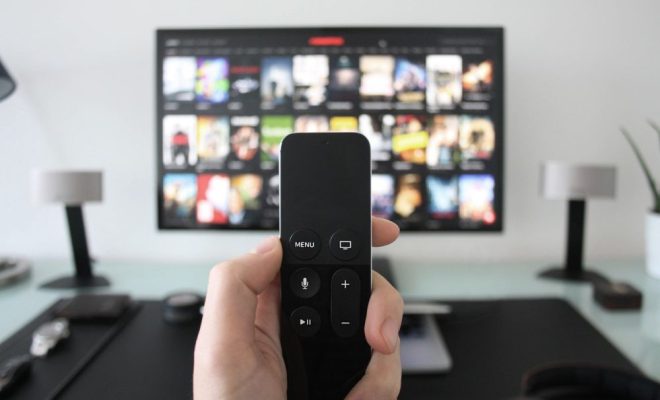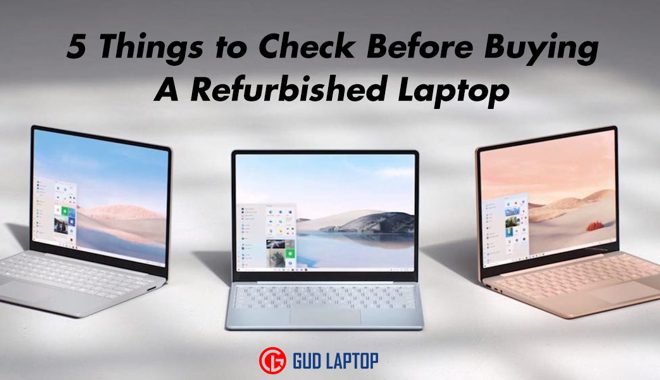8K TV Explained, and Why You Definitely Don’t Need to Buy One

The term “8K TV” has been buzzing around the tech world for a while now, with manufacturers promoting it as the next big thing in television viewing. But what exactly is an 8K TV and why should you not jump to buy one just yet?
To begin with, 8K refers to the television resolution which measures the number of pixels on the screen. An 8K TV has a resolution of 7680 x 4320, which is four times the number of pixels in a 4K TV and sixteen times that of a standard High Definition (HD) TV. This means that an 8K TV can theoretically display an image with unparalleled clarity and detail compared to their lower resolution counterparts.
However, the reality of 8K is not as impressive as it sounds. The increase in resolution does not always translate to a proportional increase in picture quality. The difference between an 8K and 4K TV, and even 8K and HD TV, is hardly noticeable to the untrained eye.
Moreover, content that is produced in 8K is rare and hard to come by. Currently, there is no mainstream 8K content readily available, with only a handful of movies, TV shows, and documentaries filmed in 8K. Even popular streaming services like Netflix and Amazon Prime are yet to add 8K content to their libraries.
Another limiting factor of 8K is bandwidth. Streaming 8K content requires significantly more bandwidth, which is not yet readily available for most households. Therefore, even if you could find 8K content, there is a chance that you might not have the internet speed and data limit to stream it in 8K.
Finally, the price of 8K TVs is still too high to be considered a worthwhile investment. The technology is still relatively new, with limited supply in the market, which further drives up the cost. According to a report by CNET, an 8K TV can cost you anywhere between $2,500 to $30,000, depending on the size and brand.
In conclusion, while 8K TVs are impressive and may be the future of television viewing, it is still too early to invest in one. The technology is still evolving, and the noticeable difference in picture quality does not justify the significant price difference from standard HD and 4K TVs. Until 8K becomes more accessible, affordable, and widespread, there is no need to rush out and buy one.






